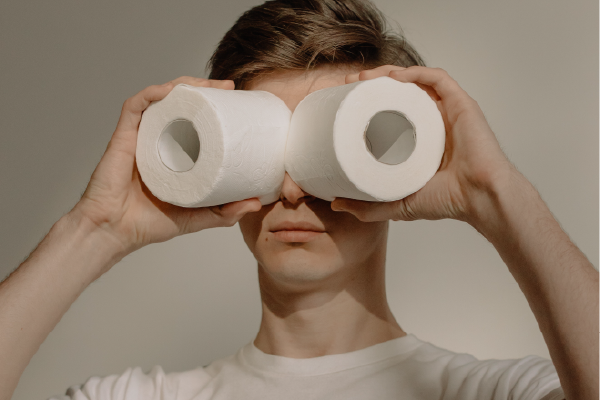Many years ago when I was first trained as a clinical psychologist, patients’ interest in self-help books was often viewed as a cheap substitute for psychotherapy, and their requests for book recommendations was sometimes deemed a form of resistance to therapy. In my own memory it was the world of alcoholism treatment, and then the 1980s explosion of interest in adult children of alcoholics, that opened the door to what is sometimes called “biblio-therapy”.
Things have certainly changed, and now, according to a study by psychologists at the University of Scranton, 85% of psychologists polled found that their patients/clients reported benefitting from self-help books, and 57% said the same of autobiographies. Reviewing these results recently in The Register Report, a periodical for psychologists, the researchers had provided a list of the top 50 self-help books and top 50 autobiographies for issues including grief, depression, bipolar disorder, substance abuse, and more. [Unfortunately they have taken down these pages since this blog was originally composed, but if you need ideas feel free to call Dr. Fortgang at LCL.]
Jeff Fortgang, PhD



